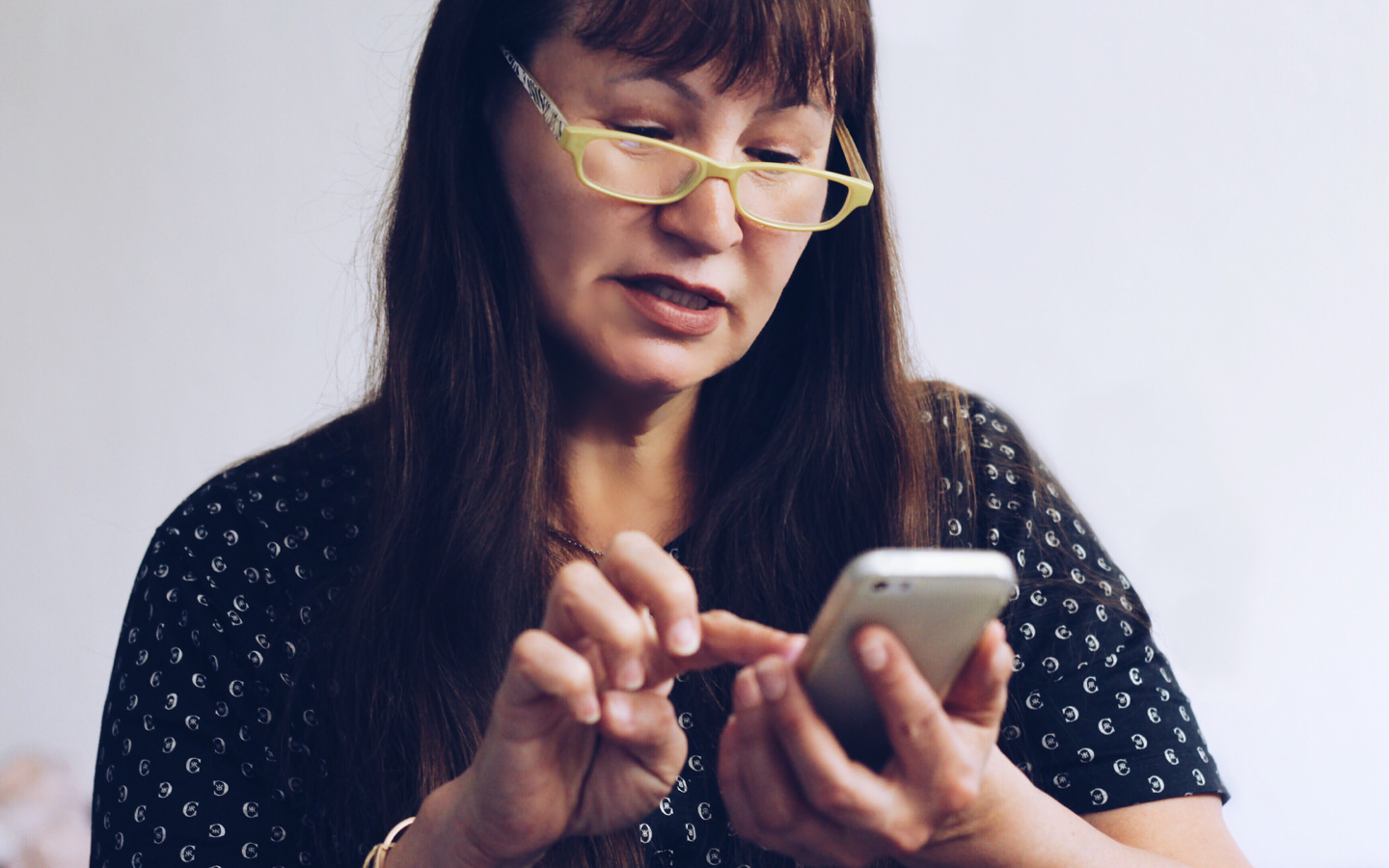Look, we hear it constantly from all angles, and we get it: too much technology is bad for you.
But really, but seriously, how bad is it? Is too much screen time really the cause of so much trouble, and if so, where the heck is the science to support it?
It turns out there’s loads of data to back this up, but exactly what type of symptoms you experience vary depending on what type of activity you engage in on your phone or computer.
The universal drag? Blue light. And the side effects of too much can be a mother to correct.

Why Blue Light Is Such a Big Deal
While things like TV, social media, and video games all have different impacts on your brain because of the way you perceive them, blue light’s impact is pretty universal: it imitates the blue light emitted by the sun.
The result is that your brain processes light from your phone and computer screen as sunlight. Blue light exposure can literally delay the release of the sleep hormone melatonin for three hours.
Lying in bed at night scrolling on your phone? Not a good idea.
As a result, blue light exposure has a direct effect on your circadian rhythm and can cause insomnia along with all the other nasty side effects that go along with it:
- Irregular menstrual cycles
- Mood swings
- Hormonal imbalances
- Blood sugar imbalances
- Migraines

The Difference Between Orange Glasses and Computer Glasses
Computer glasses are a thing for a reason — most people can’t put their phones down past 6pm every night. These glasses work by reflecting back the blue light emitted by your screen so your brain doesn’t get confused and stop melatonin production in its tracks.
However, orange (or amber) lensed glasses are a little different. With a noticeable tinge of orange to the lenses, these glasses are often worn by people at night when they sleep who have an extreme sensitivity to blue light. People who work third shift and have to sleep during the day, or those who have a big gnarly fluorescent outdoor bulb beaming light into their bedroom window love them.

I repeat, I repeat: amber glasses and computer glasses are two TOTALLY different things.
Just because the lenses on your computer glasses aren’t noticeably orange does NOT mean they’re a hunk of junk. On the contrary, because they’re designed to be worn during the day and give you functional eyesight with low-color distortion, the lenses are tinted in such a way that ONLY blocks that narrow spectrum of ultra-harmful blue light, instead of everything in that zone of color.

Why I Don’t Just Use an App
I have a know-it-all little brother who goes to video game tournaments all the time, and he loves to pick on me when he sees me in a pair of my computer glasses.
“You know there’s an app for that, right?”
Ugh. He thinks he’s soooo smart.
Yes, there is totally an app for that. Apps like Flux (and built-in ones on some devices) will actually automatically adjust the contrast and color of your screen throughout the day, based on your local time zone.

While these apps can be nice (and definitely harder to lose than a pair of glasses), what I’ve found is that the color distortion is super noticeable. And it makes me squint.
And crow’s feet.
My choice, through pair after pair getting squashed by my toddler in the bottom of my purse, is a good pair of blue light blocking computer glasses. They’re effective, they’re cute, and they don’t screw with the color of my screen in a noticeable way.
Do you use blue light blocking glasses? Share with our community on social by tagging us with @AvocadoMattress and #AvocadoGreenMagazine!

Shop Pillows
The Essential Organic Pillow Collection
Gentle, breathable, non-toxic support.






